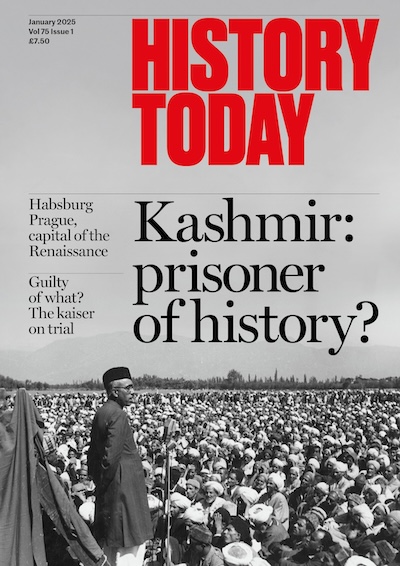Learning Lessons in the Middle East
The history of Britain’s foreign policy in the Middle East is largely a litany of failure, of self-inflicted wounds that are still felt today. Peter Mangold considers what British diplomats and politicians have failed to learn.
British fears and emotions run high in the Middle East. The Suez Canal, opened in 1869, became a vital route to India and gained a symbolic significance in the British imagination, which, by the mid-20th century, made it peculiarly hard to relinquish. It was no accident that the biggest crisis of the end of Empire, the Suez Crisis of 1956, centred on the canal’s nationalisation. Oil evoked even more emotive reactions. ‘No Cyprus’, Prime Minister Anthony Eden declared in 1955, ‘no certain facilities to protect our supply of oil. No oil: unemployment and hunger in Britain. It is as simple as that.’ Fear of a British 9/11 underlay Tony Blair’s intervention in Iraq in 2003. Prime Minister David Cameron has referred to ISIS as ‘an existential threat’.
***







